What researchers at University of Auckland are learning from giving people microdoses of LSD
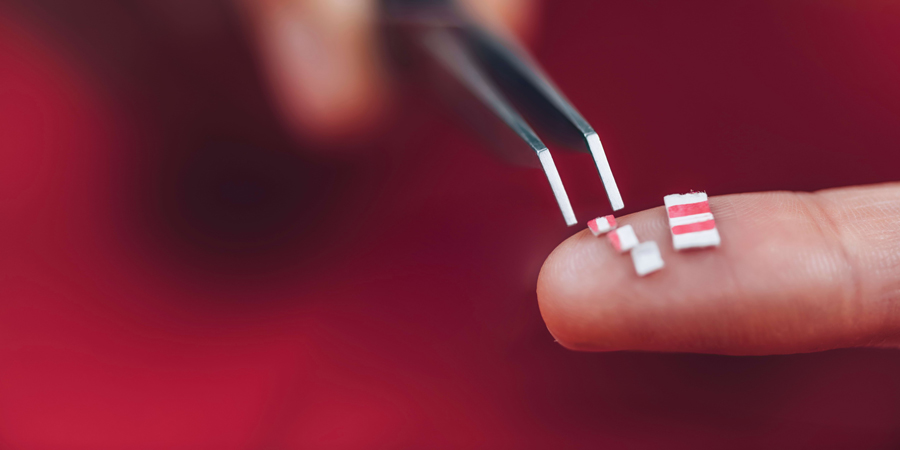
‘Microdosing’ psychedelics involves taking small, repeated doses of a psychedelic drug. Microdosing has gained traction in recent years as a self-treatment for a variety of mental health concerns, including depression. These doses are intended to be small enough that people don’t experience typical psychedelic effects (or ‘trips’), and instead can carry on with their typical day-to-day activities with minimal disruption.
At the Auckland Neuropsychopharmacology Research Group at the University of Auckland, we are interested in testing the safety of this underground practise, but also in investigating whether the claimed benefits for people with depression could be replicated in a controlled trial. The psychedelics LSD and psilocybin are scheduled Class A drugs in Aotearoa/New Zealand, meaning that they are subject to the highest level of regulation, however under the Misuse of Drugs Regulations (1977) there is the provision for them to be prescribed for limited periods by a psychiatrist.
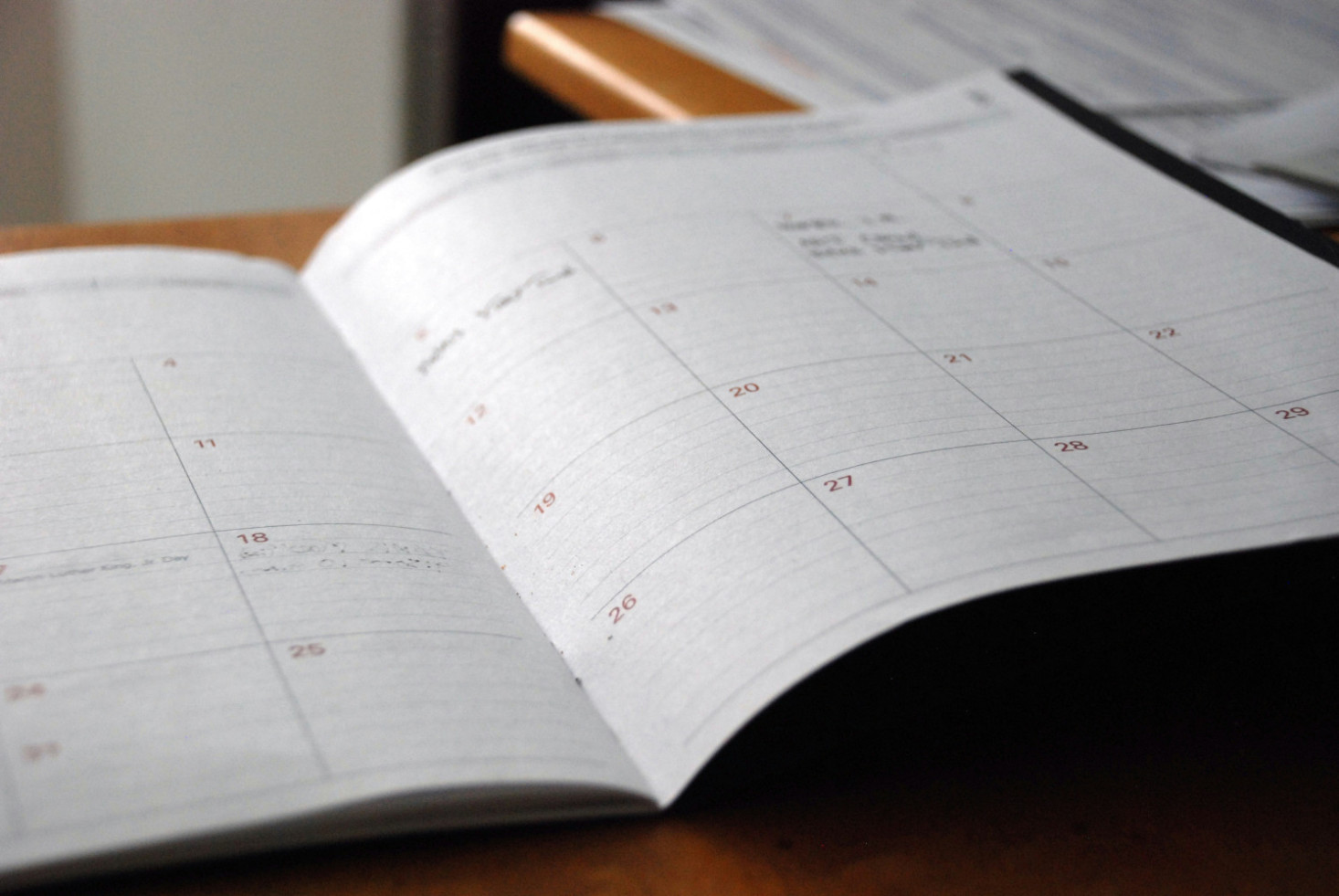
Photo by Eric Rothermel
In 2021, in a world-first study, we began a randomised, placebo-controlled trial of microdosed LSD in adult males with no physical or mental health concerns by providing prescribed doses of the drug to be taken at home.
Participants were given 14 doses of 10 mcg of LSD (around one tenth to one twentieth of a recreational dose) or a placebo (water) to take every third day for six weeks. They were required to not drive or do anything dangerous for six hours after taking the dose.
Only male participants were able to be included due to some key measures being affected by menstrual cycle phase and limitations of the initial drug formulation meaning that we couldn’t sync the trial protocol to menstrual cycle phase. We appreciate that this leaves a gap in our understanding of how microdosing affects people who menstruate. In future, we’ll be looking into how microdosing effects change over the menstrual cycle in healthy people and in people with premenstrual dysphoric disorder.
When compared to placebo, healthy participants rated their microdose day levels of creativity, connection, energy, happiness, and wellness as being higher than on non-dose days, with some possible rebound of feeling more irritable on they days after a dose. These changes did not culminate in any overall changes to people’s mood, personality, or cognitive functioning from the beginning to the end of the trial, however they do show promise for elevating people’s mood on dose days.
While their sleep was not altered on the dose days, they had better sleep on the days after a dose. Some participants did experience negative side effects such as anxiety and jitteriness, leading to a change in the protocol which allowed participants to lower the dose if they experienced negative effects. Despite this there were no serious safety concerns.
The key takeaways from this trial are that microdosed LSD was able to raise healthy people’s feelings of positive mood and wellbeing on dose days, with minimal safety concerns, but did not cause any cumulative changes to their overall mood. However, these were healthy people with no mental health concerns and therefore a “ceiling” to how much better they could feel overall.
The question remained whether the positive effects seen on microdose days would be of benefit to people with depression. Depression is characterised by persistent low mood, but also often includes lack of energy, social withdrawal, and lack of interest in previously enjoyable activities. Because of this, microdosing’s effects -– like causing people to feel more happiness, energy, connection, and creativity - may be well-suited to addressing these depression symptoms. The hope is that these could facilitate activities that have previously felt too difficult for people with depression, such as reaching out to friends and whānau, and engaging in hobbies and exercise.
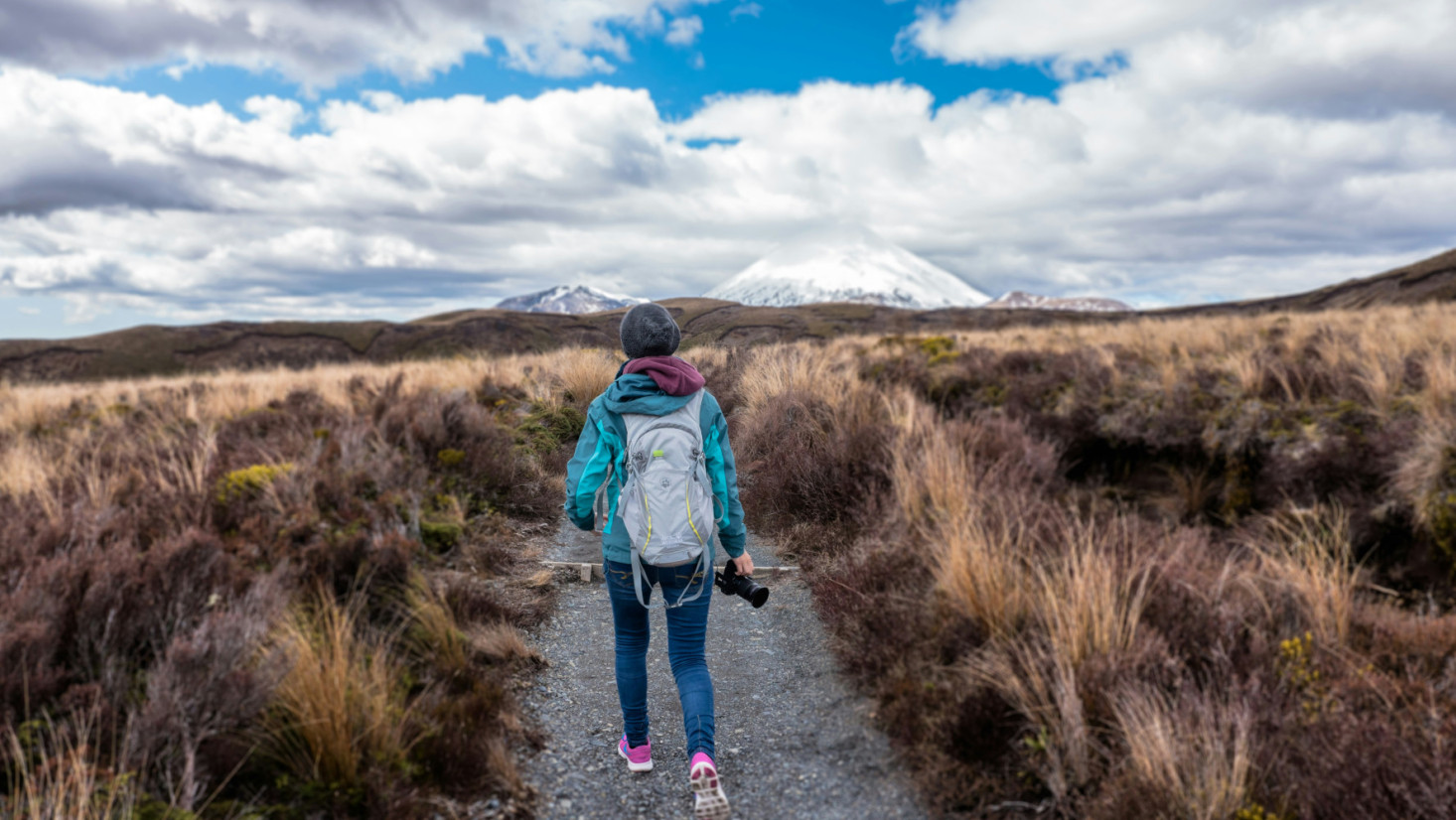
Photo by Thomas Schweighofer
The next stage of our research was a pilot study of microdosing in people of any gender with mild to moderate depression. This was an open-label trial, meaning that there was no placebo-control and the study was designed to test the safety and feasibility of the protocol in depressed people.
This study used a lower starting dose and allowed participants to increase or decrease their dose between 4-20 mcg to mitigate the anxiety and jitteriness effects seen in the first trial, but also to increase the dose if they needed to. Participants then dosed twice a week over an eight-week period, with a total of 16 overall doses. The results of this trial are yet to be published, but we saw an overall reduction in depression over the eight weeks of the trial, with some participants no longer meeting the criteria for being clinically depressed.
Again, these results are not placebo-controlled, and more investigation is needed. One question that remains is whether these effects are simply the result of participants feeling more energy from the drug, and whether a more accessible drug such as caffeine could have similar effects.
Following these promising results, we have now begun recruiting for a placebo-controlled version of this depression trial. Participants in this study will receive either LSD or an active placebo, which could be caffeine or methylphenidate (Ritalin). The use of an active placebo will make it harder for participants to tell if they are on LSD or a placebo and will help answer whether the effects of the LSD are any more helpful than simply taking a stimulant.
We welcome people with depression who are interested in volunteering for this trial to follow the link below for a short pre-screening questionnaire and to email any questions to microdosing@auckland.ac.nz.
Recent news
New report shows NZ loses three people a week to preventable overdose
New data shows that fatal overdoses are continuing to increase.
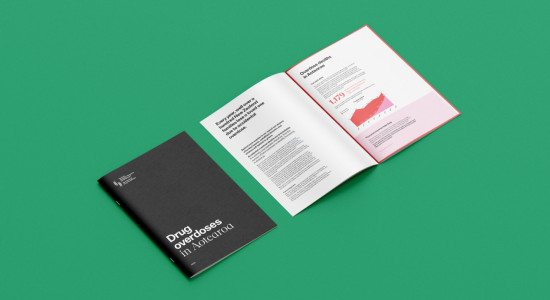
Report: Drug overdoses in Aotearoa 2024
Three New Zealanders die each week from preventable drug overdose
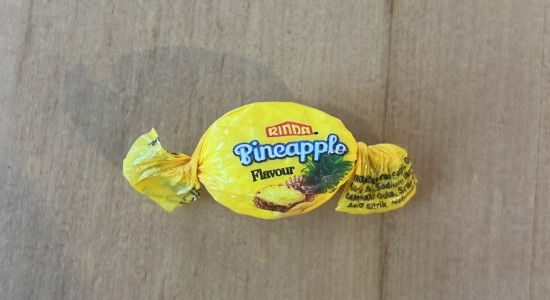
Potentially lethal dose of methamphetamine found in Rinda pineapple lolly wrapping
The Drug Foundation is warning people not to consume Rinda pineapple lollies.

